On April 27, in Hanoi, the Vietnam Association for Food Safety Science and Technology in collaboration with the National Institute for Food Safety Control and Ba Dinh Pharmaceutical Technology Joint Stock Company organized a workshop on "Solutions to manage food safety risks and respond to the Month of Action for Food Safety 2023".
The workshop aims to raise awareness and compliance with food safety laws for organizations and individuals producing, processing, trading, importing and exporting food and catering services.
According to information given at the workshop, on average, each year, the whole country conducts inspections at food production and trading establishments and detects nearly 30,000 violations; at the same time, destroys products of unknown origin, food additives, expired food, and unsafe food from nearly 4,000 establishments, contributing up to 50 billion VND to the state budget in the period of 2017 - 2022.
Overall assessment in the annual reports on food hygiene and safety of the Ministry of Health shows that, in general, the situation of unsafe food production is still complicated. The production and consumption of "dirty" food not only threatens public health but also has a very negative impact on the socio-economic development of the country. Specifically, the production of "dirty" food will cause difficulties for the food industry, create unhealthy competition, and cause injustice to reputable and responsible manufacturers...
To prevent this situation, according to Dr. Le Van Giang, Chairman of the Vietnam Association for Food Safety Science and Technology, appropriate management solutions are needed. In recent times, the Vietnam Association for Food Safety Science and Technology has built arguments and provided technical criteria to affirm and announce products that are truly safe for consumers' health.
Deputy Chief Inspector of the Ministry of Health , Vice President of the Vietnam Association for Food Safety Science and Technology Nguyen Van Nhien emphasized: Food safety is a prominent public health issue in the world, especially in developing countries, including Vietnam. The food safety management system in Vietnam is integrating with the region and the world. The issue of ensuring food safety in all stages is increasingly concerned and strictly controlled. Typical food safety risks have been stipulated by the National Assembly in the Law on Food Safety (Article 5). Legal factors on ensuring food safety are also specifically regulated such as conditions for ensuring safety for food products; conditions for ensuring food safety in food production, trading, and supply; regulations on advertising and testing; regulations on risk analysis, prevention, containment and remediation of food safety incidents, traceability, recall and handling of unsafe food... as well as regulations on handling violations of food safety laws.
Sharing about the role of testing in food safety control, Dr. Tran Cao Son, Deputy Director of the National Institute for Food Safety and Hygiene Control, said: Testing is one of the three fundamental elements of the food safety management system, providing evidence of food safety hazards. Ensuring the quality of testing results is important and needs to be done well at all steps of the testing process. The risk of food contamination can occur at any stage of the food supply chain and food testing helps assess food quality and safety.
At the workshop, the opinions discussed food safety risks and risk management; the responsibility of enterprises in ensuring food safety, contributing to improving the quality of life and breed; the role of testing in controlling food safety risks; some new regulations on food additive management in Vietnam; sharing experiences from foreign enterprises in identifying and managing food safety risks.../.
Source


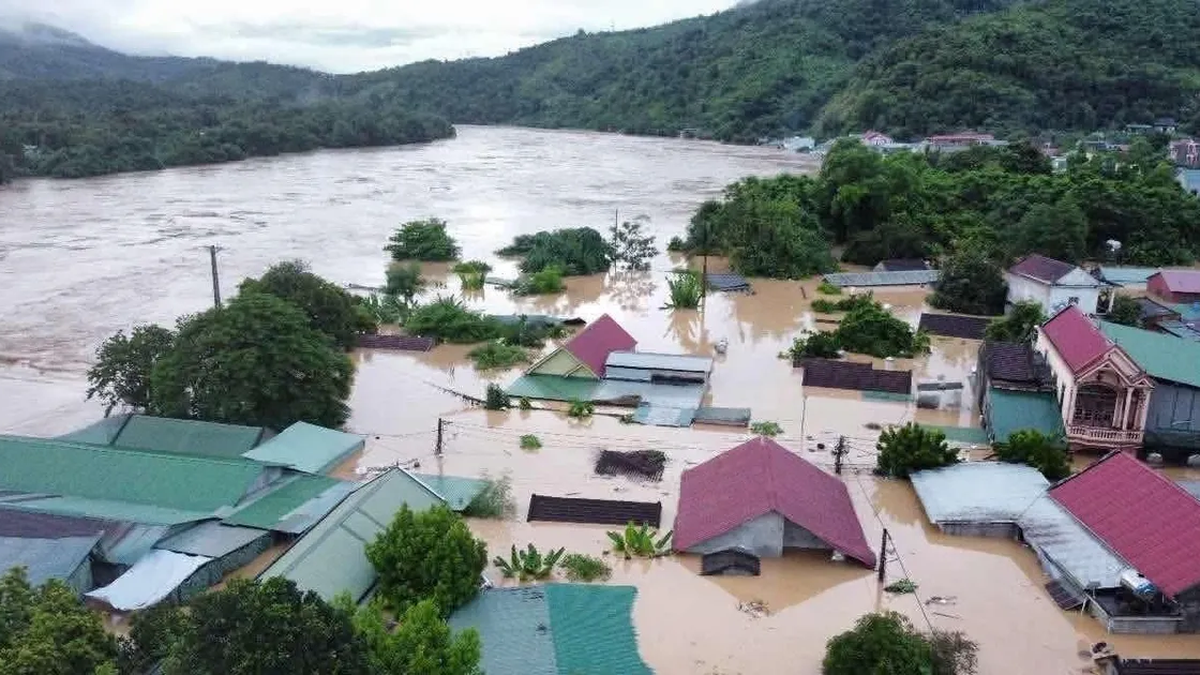
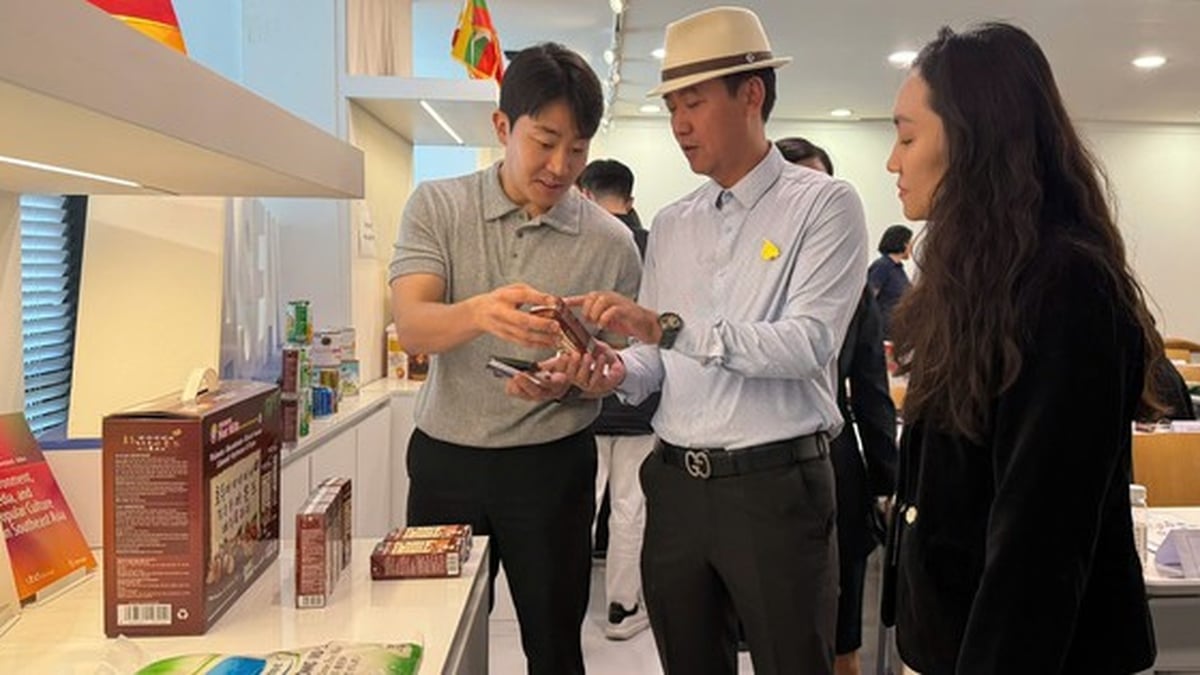




























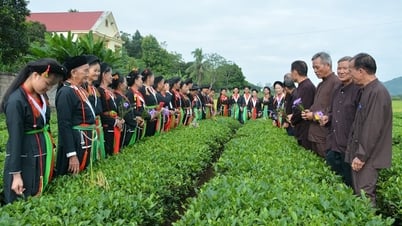
























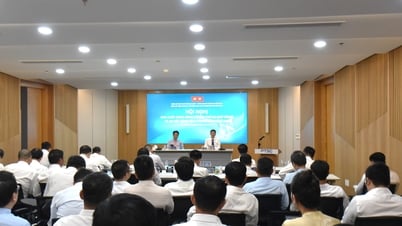


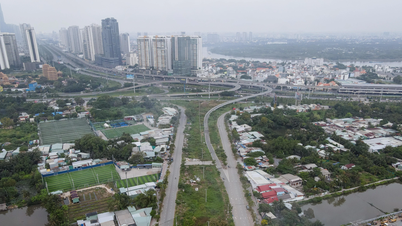






































Comment (0)